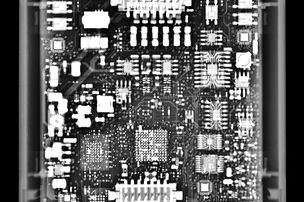Our Services
Each of our recruitment consultants specialises in a specific technology area and operates within a specific geographic region, allowing for a higher level of market knowledge and penetration.

ADAS/AD
Advanced driver-assistance systems are among the fastest-growing segments in automotive electronics due to the steadily increasing adoption of industry-wide quality and safety standards.

Powertrain (HEV/BEV)
Electric cars are having a major impact in the auto industry. This is due to reducing city pollution, a lower dependence on oil and the expected scarcity and rise in gasoline prices. World governments are pledging billions to fund the development of electric vehicles and their components.

Automotive Electronics
Electronic systems have become an increasingly large component of the cost of an automobile, from only around 1% of its value in 1950 to around 30% in 2010. Future autonomous cars will rely on powerful computer systems, an array of sensors, networking, and satellite navigation, all of which will require electronics.

AI, ML, Data
Artificial intelligence (AI), is intelligence demonstrated by machines, unlike the natural intelligence displayed by humans and animals. Leading AI textbooks define the field as the study of "intelligent agents": any device that perceives its environment and takes actions that maximise its chance of successfully achieving its goals. High-profile examples of AI include autonomous vehicles such as drones and self-driving cars.

Infotainment
The IVI (In Vehicle Infotainment) can be described as a combination of vehicle systems which are used to deliver entertainment and information to the driver and the passengers through audio/ video interfaces, control elements like touch screen displays, button panel, voice commands, and more.

Digital Transformation
Digital solutions may enable – in addition to efficiency via automation – new types of innovation and creativity, rather than simply enhancing and supporting traditional methods. One example of digital transformation is the use of cloud computing. This reduces reliance on user-owned hardware and increases reliance on subscription-based cloud services. Some of these digital solutions enhance capabilities of traditional software products (e.g. Microsoft Office compared to Office 365) while others are entirely cloud based (e.g. Google Docs).
© Copyright. All rights reserved.

